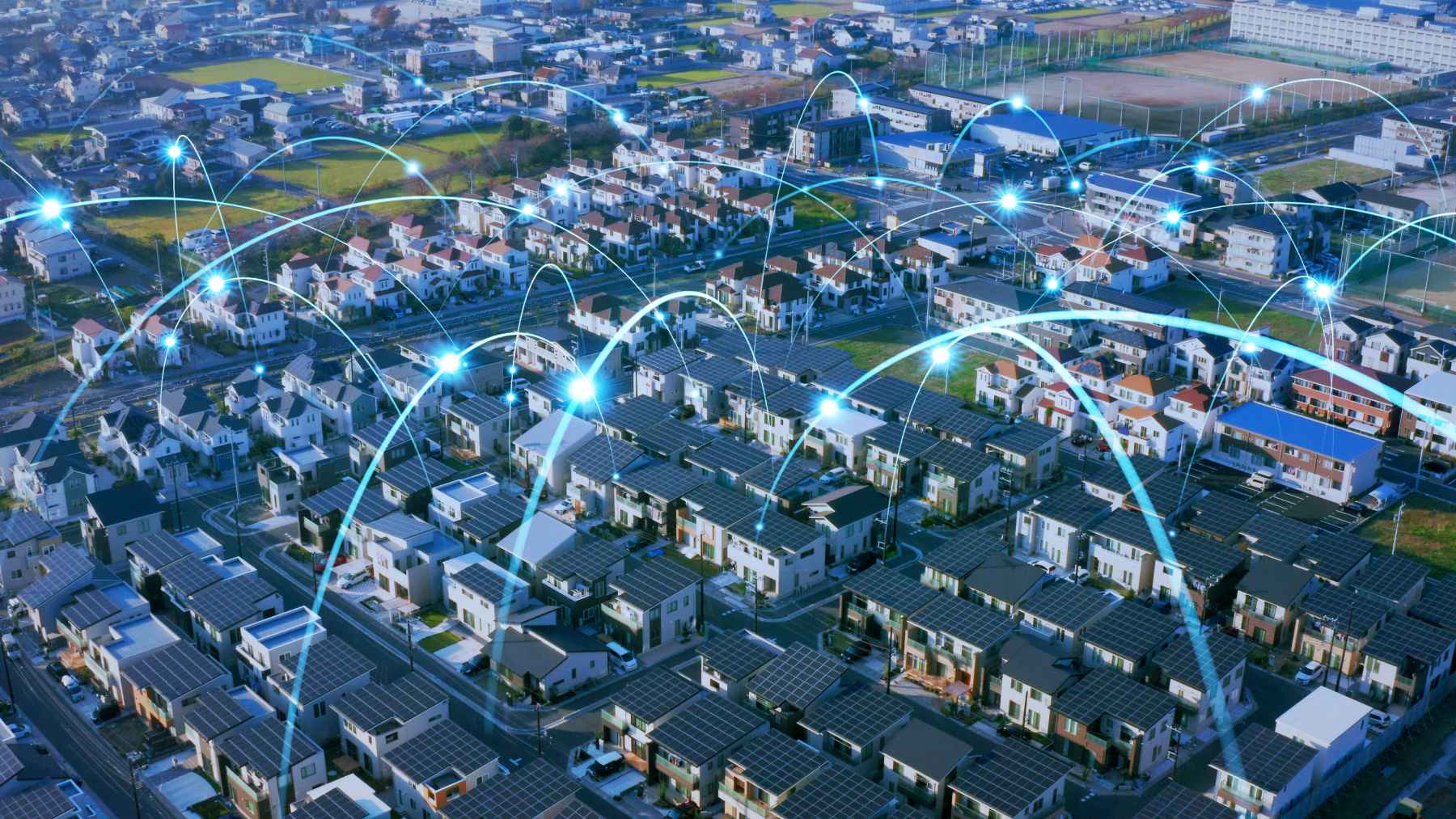VPP Policy Principles
Policy principles to help energy regulators and policymakers leverage virtual power plants to promote affordability and reliability.

Virtual power plants (VPPs) aren’t just for large businesses and utilities. As more homes and businesses adopt rooftop solar, batteries, electric vehicles, smart thermostats, smart water heaters, and other devices, there is a growing opportunity to shape their demand on the energy system while maintaining grid affordability and reliability by enrolling them in VPPs. VPPs are aggregations of distributed energy resources that can flexibly balance electrical loads and provide utility-scale and utility-grade services. They can offer utilities and grid operators cost-effective, reliable, and resilient grid service solutions, while offering customers savings on their energy bills.
However, in order to scale VPPs and the benefits they offer, a foundation of strong policies and regulation is critical. This webinar, which is designed for regulatory staff, policymakers, utilities, VPP companies, and advocacy and trade organizations working on energy policy, explores principles for policy and regulation that can support the fair and efficient growth, integration, valuation, compensation, and advancement of VPPs.
For more information please reach out to Avery McEvoy, amcevoy@rmi.org or visit the Virtual Power Plant Partnership.
Scroll down to download the PDF of the presentation slides. The final slide includes a comprehensive list of resource links.
Policy principles to help energy regulators and policymakers leverage virtual power plants to promote affordability and reliability.
This analysis from RMI's VP3 illustrates the benefits of virtual power plants and describes key priorities for unlocking market growth.
Homes and businesses can make the grid more reliable, and get paid to do so, by forming virtual power plants.
Download the webinar presentation deck here
Download